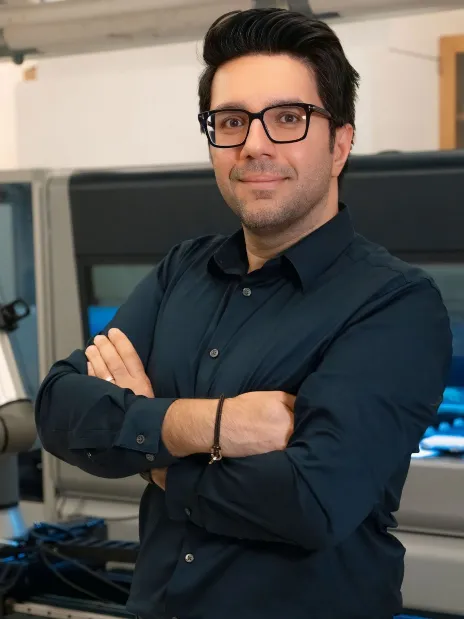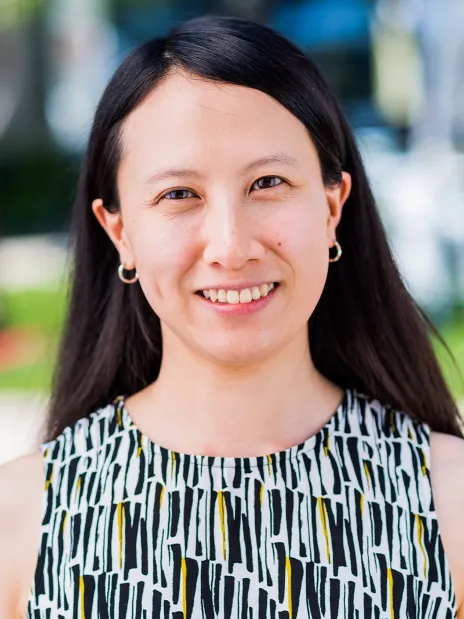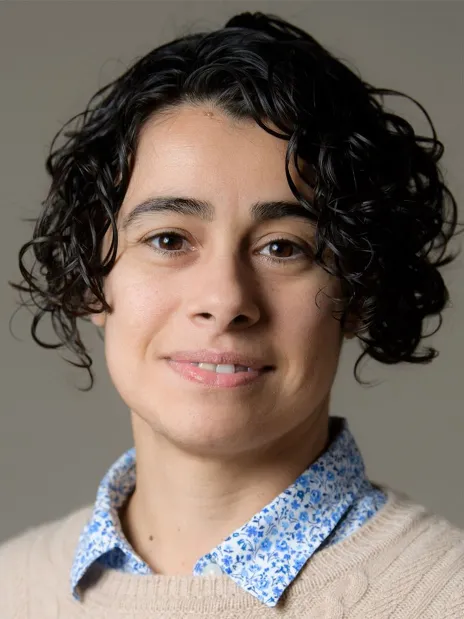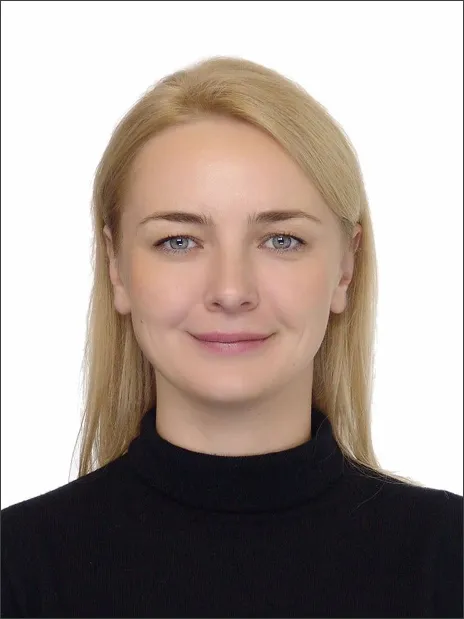Digital Discovery
A journal for new thinking on machine learning, robotics and AI.
Editor-in-Chief: Alán Aspuru-Guzik
Open Access: Gold

Digital Discovery is an open access journal that publishes both theoretical and experimental research at the intersection of chemistry, materials science and biotechnology. We focus on the development and application of machine learning, AI and automation tools to unravel scientific problems, and we put data first to ensure reproducibility and faster progress for everyone. Chemists, biologists, engineers, physicists – if your work is driving digital transformation, you are home.
ISSN: 2635-098X
Indexed in: Web of Science: Emerging Sources Citation Index (ESCI), Scopus, Directory of Open Access Journals (DOAJ)
Journal Impact Factor
5.6 (2024)
First decision time (all)
37 days
First decision time (peer reviewed)
45 days
Scope
Digital Discovery welcomes both experimental and computational work on all topics related to the acceleration of discovery such as screening, robotics, databases and advanced data analytics, broadly defined, but anchored in chemistry.
The journal publishes research related to chemical, materials, biochemical, biomedical, or biophysical sciences and specific topics include:
- Artificial intelligence and other high throughput computational methodologies for molecular, materials and formulation design
- Advanced data workflows
- Novel experimental automation
- Papers at the interface of chemistry and other sciences
Papers that will not be considered are in the areas of low-throughput structural or mechanistic studies using computational chemistry, QM/MM studies of biochemical mechanisms at low throughput, traditional analysis of molecular dynamics trajectory simulations to understand biological conformations, reports or comparisons of electronic structure methods that do not involve machine learning, interpretations of chemical bonding models, and quantum dynamics and spectroscopy simulations at low throughput.
Artificial intelligence and other high throughput computational methodologies for molecular, materials and formulation design:
- Computer-assisted retrosynthesis
- Generative models for scientific design
- Machine learning classification and regression models
- Quantum algorithms for quantum simulation and data science as applied to molecular and materials discovery
- Modern molecular, materials, and biological representations
- Molecular, Materials and Chemo- and Bio-informatics
- Methods for Bayesian optimization and design of experiments
- Advances and applications of interpretable models
- Image recognition
- Natural language processing including Large Language Models
- Literature mining tools
Advanced data workflows:
- Databases
- Data provenance tools
- Computational workflow engines
- Experimental control software
- Ontologies for science
- Advances in robotics for science
Novel experimental automation:
- New robotic setups
- New automated sensors and analytical workflows
- Novel synthetic methodologies and workflows that enable higher throughput
- High-throughput computational science
- Studies where large families of electronic structure or molecular simulations are analyzed for use in experimental and automated applications
Papers at the interface of chemistry and other sciences that involve the following topics:
- Directed or accelerated evolution
- DNA Encoded Library Technology or novel chemical library technologies
- Cryptochemistry
- Blockchain-enabled science
The "digital transformation" of the chemical industry is a huge driver for the twenty-first century and we want this journal to be the premier venue for papers related to this topic.
Alán Aspuru-Guzik, Editor-in-Chief
Information for authors
Want to publish in this journal? Our author guidelines explain how to prepare and submit your article and provide useful information on the review and publication process including transfers, revisions and any article processing charges (APCs) that may apply.
You can read our payments and funding information for further details about APCs, which may apply for publishing open access in this journal, as well available discounts and waivers.
You may be able to publish open access in this journal, with no APC to pay, if your institution has an open access agreement with us. You can use our journal finder tool to check for agreements between us and your institution.
Meet the team















Matteo Aldeghi
Bayer Research and Innovation Centre
Juan Alegre
CSIC
Jehad Abed
Meta
Silvana Botti
Ruhr-Universität Bochum
Jan Gerit Brandenburg
Merck KGaA Darmstadt
Brigit Braun
Dow Chemical Company
Pablo Carbonell
Polytechnic University of Valencia (UPV
Cecilia Clementi
Freie Universität Berlin
Conor Coley
Massachusetts Institute of Technology (MIT)
Arnaud Demortière
Centre National de la Recherche Scientifique (CNRS)
Abigail Doyle
University of California Los Angeles
Ola Engkvist
AstraZeneca and Chalmers University of Technology
Ian Foster
University of Chicago
Jan Jensen
University of Copenhagen
Jun Jiang
University of Science and Technology of China
Heather Kulik
Massachusetts Institute of Technology (MIT)
Shuye Ping Ong
University of California San Diego
Marwin Segler
Microsoft
Kenichi Shimmei
Sekisui Chemical Co.
Berend Smit
EPFL
Seiji Takeda
IBM Research
Isao Tanaka
Kyoto University
Alexandre Tkatchenko
University of Luxembourg
Koji Tsuda
The University of Tokyo
Zhenpeng Yao
Shanghai Jiao Tong University
Anna Rulka
Executive Editor
Viktoria Titmus
Editorial Production Manager
Alexander Whiteside
Deputy Editor
Elizabeth Bedwell
Assistant Editor
Zareena Saleem
Assistant Editor
Michael Whitelaw
Assistant Editor
Samantha Campos
Editorial Assistant
Jasmin AP
Publishing Assistant
Neil Hammond
Publisher
Read this journal
Paper
Application of pretrained universal machine-learning interatomic potential for physicochemical simulation of liquid electrolytes in Li-ion batteries
Paper
A digital laboratory with a modular measurement system and standardized data format
Communication
BoTier: multi-objective Bayesian optimization with tiered objective structures
Paper
Natural language processing for automated workflow and knowledge graph generation in self-driving labs
More from this journal
Contact the journal team
We're here to help. Contact the journal team if you have any questions about publishing your paper with us.
Sign up for journal email alerts
Get table of contents alerts and notifications about calls for papers, themed issues and more.
